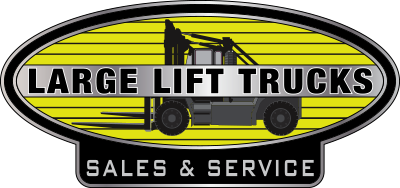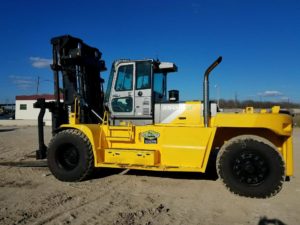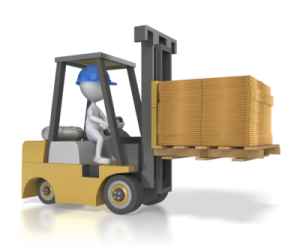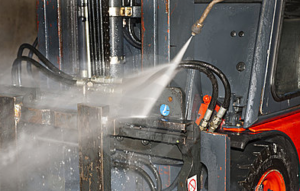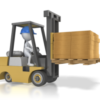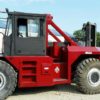What To Know Before Buying A Forklift
There’ll be a stage when your current fleet of forklifts may have made it to the end of the profitable life and will need to be replaced. Besides some of the obvious questions there are a few that may save you several thousands of dollars for your business.
Before purchasing new equipment or maybe before hiring from forklift rental Houston Company, most buyers undergo an analysis process that goes something like this:
- Analyze current operations
- Is there any change from the previous scenarios? What can change? To be more specific – has the forklift hours made better or has it decreased? As the operating hours of the forklift is an important factor when purchasing or renting new or used forklifts for sale.
- Do you want to expand your business?
- What is level of expansion expected?
- When is the expansion scheduled for?
- Assess existing fleet
- Is the performance of the current fleet brand good?
- Is the trending reputation of the brand in use, good?
- Is the fleet mix and quantity appropriate for current and future operations? (type, capacity & quantity)
- Evaluation options and choose a supplier
- Entertain competitive quotes for comparable models
- Compare/contrast characteristics, advantages, and benefits of each brand
- Evaluate suppliers capability to properly maintain equipment or provide support when had to optimize productivity
- Evaluate contractual obligations for each supplier
- Negotiation and Decision
- Negotiate all the aspects including the price/service/equipment.
The process above, though comprehensive, will not necessarily result in a smart decision. A complete assessment should incorporate the questions below. This is especially true for a complex operation with a number of locations or varying equipment needs.

Here are some vital questions you may not be asking – but should:
- Is our current material handling operation efficient for current and shifting business climate?
- Do you need more space?
- What choices exist for space utilization?
- Can we reduce through-put and duty cycles using another gear/warehouse arrangement combination?
- What is the current cost per hour for operating gear?
Including the forklift truck as well as other warehouse equipment.
- What are the operating costs per hour of competing brands?
Probe cost of service/fuel/parts etc. of other competing brands in detail. Also, inquire about the parts that are fitted in forklifts. Do they belong to good brands such as Hyster forklift parts?
- What was our equipment rental expense and why?
This is often a hidden cost of sub-par gear or equipment that has been worked past its economic life.
- How can we reduce costs by reducing equipment damage due to abuse?
How do your operators complete their daily operator checklists? This is another hidden cost that can be reduced with Good training and accountability for equipment damage or misuse.
- How productive is your fleet?
In case you have a forklift that has lots of wheel period and very little hydraulic time, then you almost have an unproductive forklift. A forklift that doesn’t lift is broken or a very expensive mode of transportation to get a driver. A telematics system can help you stay on top of this and many other key performance indicators.
- Last but not the least, can the supplier integrate all the features of the materials handling and suggest substitutes or better ways of interaction and storing our materials?
Asking these extra, critical questions above can yield remarkable results for your materials handling performance. We are living in a world filled with advice; exactly what gets measured gets managed. Why leave out your material handling fleet?
Let us be your partner in helping you select the ideal equipment for the right location and procedure.
